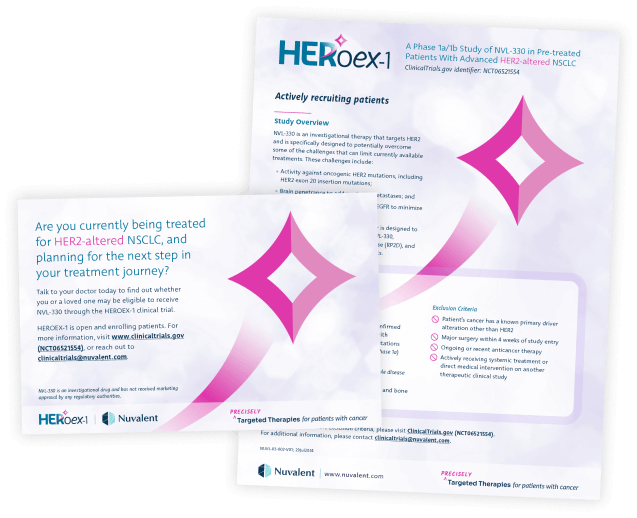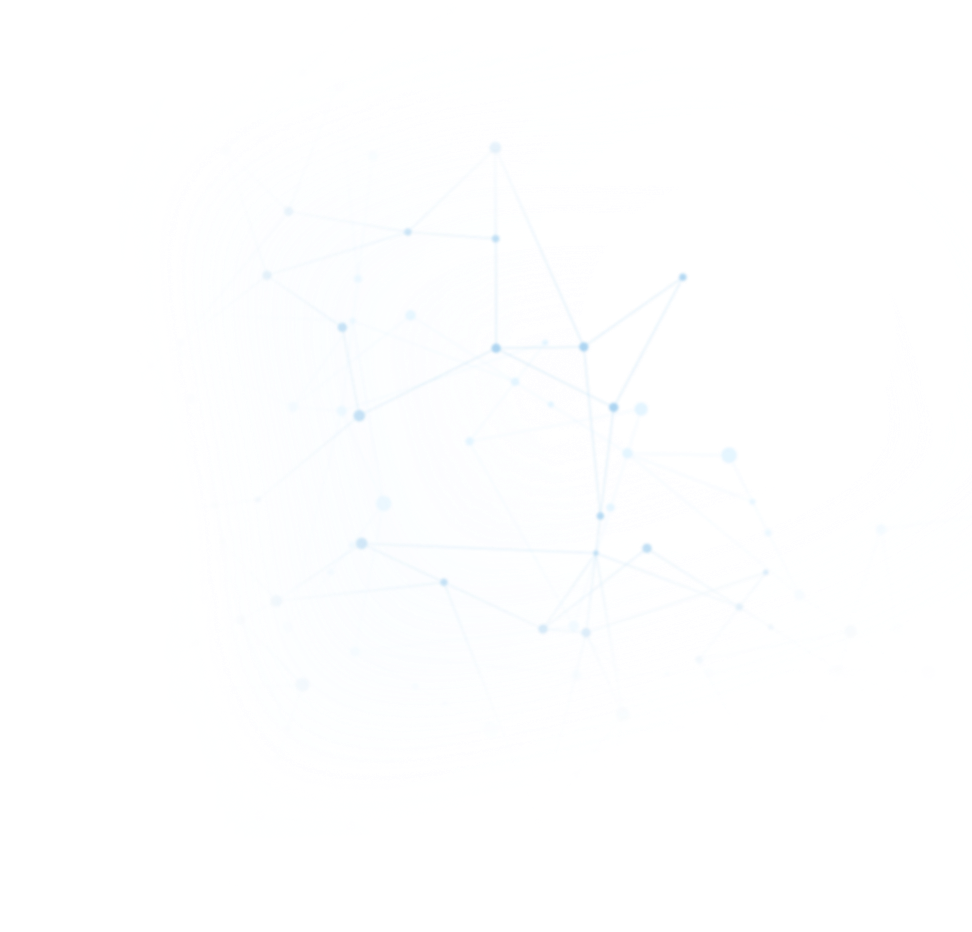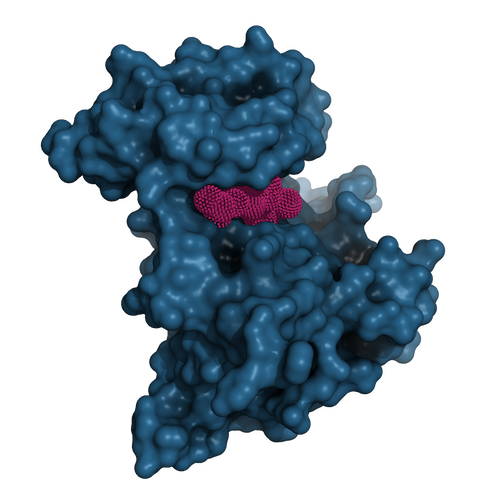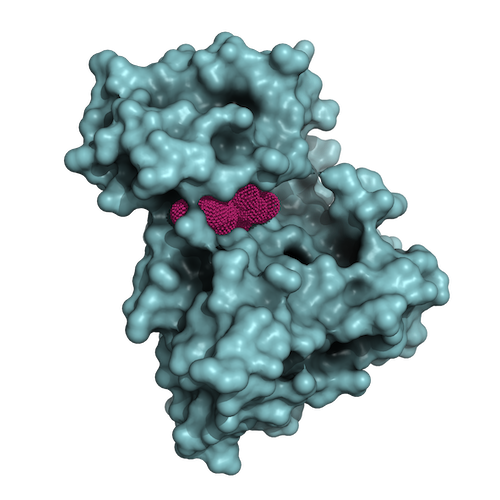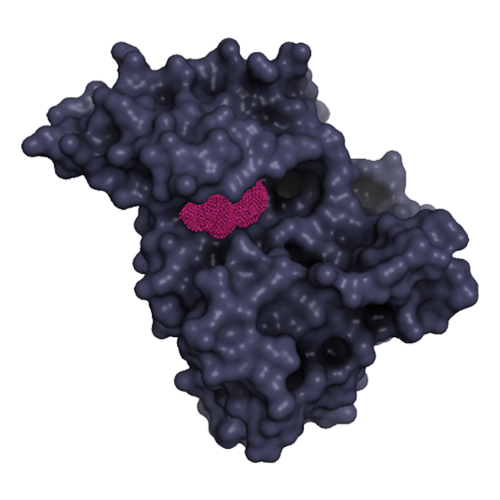Nuvalent Pipeline




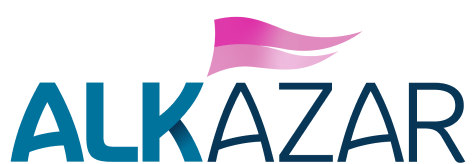
Anticipated initiation in the first half of 2025: A Phase 3 randomized, controlled study of neladalkib (NVL-655) versus alectinib for patients with TKI-naive ALK-positive NSCLC
ROS1 fusions are an oncogenic driver alteration found in up to 3% of patients with non-small cell lung cancer (NSCLC). The clinical utility of approved therapies for ROS1-driven NSCLC is limited by emergent resistance mutations as well as central nervous system (CNS) disease.
Zidesamtinib (NVL-520)
Zidesamtinib is a novel brain-penetrant ROS1-selective inhibitor created with the aim of addressing the combined medical needs of:
- Treating tumors driven by ROS1 that have developed resistance to currently available ROS1 inhibitors, including tumors with the prevalent G2032R “solvent front” resistance mutation,
- Avoiding inhibition of the structurally-related tropomyosin receptor kinase (TRK) family, and
- Treating brain metastases.
ROS1-selectivity is emphasized to minimize CNS adverse events related to off-target inhibition of TRK and potentially drive durable responses for patients with ROS1-mutant variants. In addition, zidesamtinib has been optimized for brain penetrance to potentially improve treatment options for patients with brain metastases.
The Phase 2 portion of the ARROS-1 Phase 1/2 clinical trial of zidesamtinib for patients with advanced ROS1-positive NSCLC and other solid tumors is now enrolling. To learn more, please visit www.clinicaltrials.gov (NCT05118789).
ALK fusions are an oncogenic driver alteration found in up to 5% of patients with non-small cell lung cancer (NSCLC). The clinical utility of approved therapies for ALK-driven NSCLC is limited by emergent resistance mutations as well as central nervous system (CNS) disease.
Neladalkib (NVL-655)
Neladalkib is a novel brain-penetrant ALK-selective inhibitor created with the aim of addressing the combined medical needs of:
- Treating tumors driven by ALK that have developed resistance to first-, second-, and third-generation ALK inhibitors, including tumors with both single or compound treatment-emergent ALK mutations such as those involving the G1202R “solvent front” mutation,
- Avoiding inhibition of the structurally-related tropomyosin receptor kinase (TRK) family, and
- Treating brain metastases.
ALK-selectivity is emphasized to minimize CNS adverse events related to off-target inhibition of TRK and potentially drive more durable responses for patients with ALK-mutant variants. In addition, neladalkib has been optimized for brain penetrance to improve treatment options for patients with brain metastases.
The Phase 2 portion of the ALKOVE-1 Phase 1/2 clinical trial of neladalkib for patients with advanced ALK-positive NSCLC and other solid tumors is now enrolling. To learn more, please visit www.clinicaltrials.gov (NCT05384626).
Initiation of ALKAZAR, a Phase 3 randomized, controlled trial of neladalkib versus alectinib for TKI-naïve patients with advanced ALK-positive NSCLC, is anticipated in the first half of 2025. To learn more, please visit www.clinicaltrials.gov (NCT06765109).
HER2 alterations are an important category of oncogenic drivers within NSCLC that includes both HER2 amplifications (~1 – 5% of NSCLC) and HER2 mutations (~2 – 4% of NSCLC). The most common HER2 mutations are HER2 exon 20 mutations, and approximately 20% of patients with HER2 mutant NSCLC present with brain metastases, with the percentage increasing upon treatment. There are currently no approved TKIs for patients with HER2-altered NSCLC.
NVL-330
NVL-330 is a novel, brain-penetrant HER2-selective tyrosine kinase inhibitor designed with the aim to address the combined medical needs of:
- Treating HER2 mutant tumors, including those with HER2 exon 20 mutations,
- Avoiding treatment-limiting adverse events due to off-target inhibition of wild-type EGFR, and
- Treating brain metastases.
HER2-selectivity is emphasized to minimize potentially dose-limiting adverse events associated with inhibition of the structurally related wild-type EGFR kinase such as skin rash and gastrointestinal toxicity. In addition, NVL-330 has been optimized for brain penetrance to potentially improve treatment options for patients with brain metastases.
The HEROEX-1 Phase 1a/b clinical trial of NVL-330 for pre-treated patients with HER2-altered NSCLC is now enrolling. To learn more, please visit www.clinicaltrials.gov (NCT06521554).
At Nuvalent we are combining our close partnerships with physician-scientists, rigorous target selection, and disciplined program advancement to explore a robust pipeline of discovery programs with a focus on addressing the limitations of existing therapies for clinically proven kinase targets in oncology.
Our team combines clinical insights with deep expertise in structure-based drug design and oncology drug development to create new programs where we are able to rapidly advance molecules that are designed to precisely target driver kinases and spare off-targets. This molecular optimization and precise targeting, sometimes by avoiding highly similar off-targets, affords therapies designed to improve the lives of patients with cancer.


Our Clinical Trials




Global Phase 2 investigating zidesamtinib for ROS1+ cancer
Talk to your doctor today to find out whether you or a loved one may be eligible to receive zidesamtinib through the ARROS-1 clinical trial.
For more information, visit www.clinicaltrials.gov (NCT05118789).
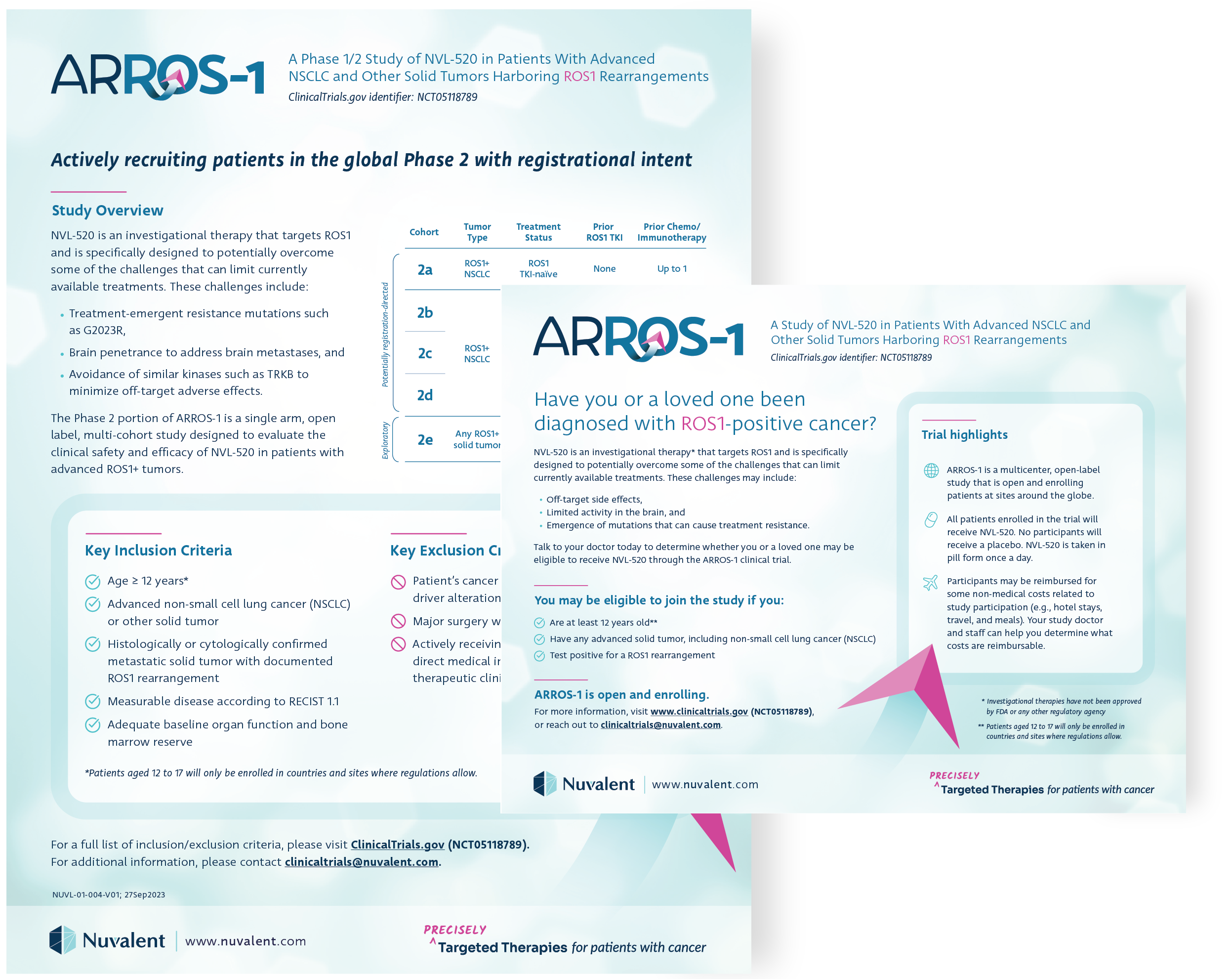
View our Expanded Access Policy
Global Phase 2 investigating neladalkib for ALK+ cancer
Talk to your doctor today to find out whether you or a loved one may be eligible to receive NVL-655 through the ALKOVE-1 clinical trial.
For more information, visit www.clinicaltrials.gov (NCT05384626).
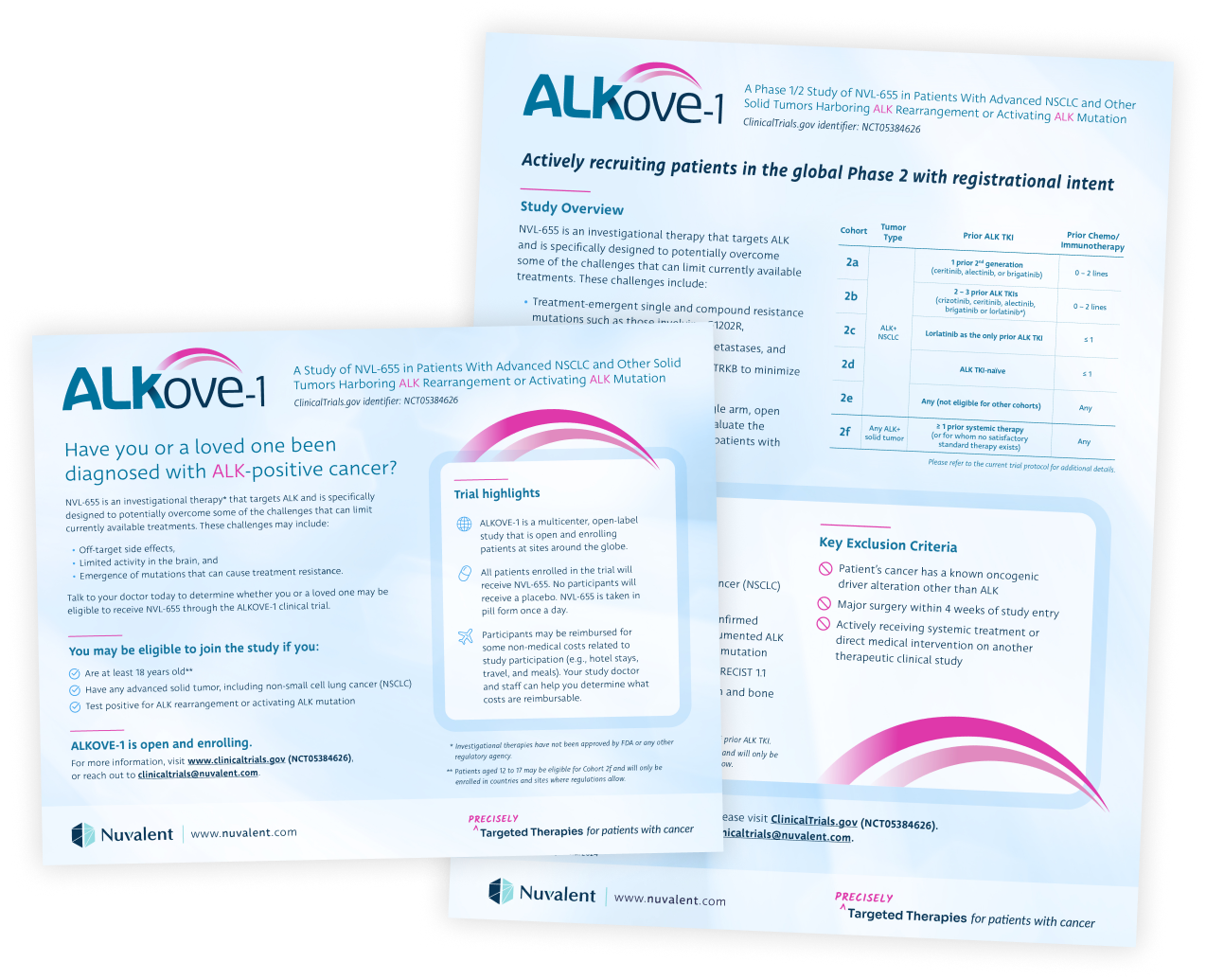
View our Expanded Access Policy
Anticipated initiation in the first half of 2025
To learn more, please visit www.clinicaltrials.gov (NCT06765109).
View our Expanded Access Policy
Global Phase 1 investigating NVL-330 for HER2-altered NSCLC
Talk to your doctor today to find out whether you or a loved one may be eligible to receive NVL-330 through the HEROEX-1 clinical trial.
For more information, visit www.clinicaltrials.gov (NCT06521554).
